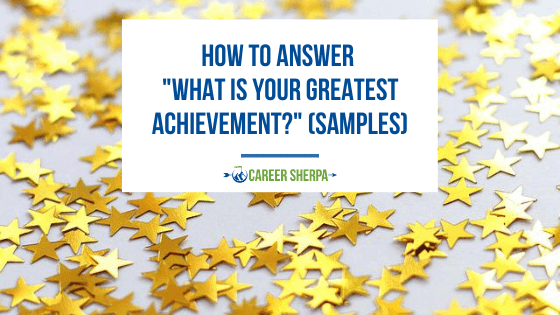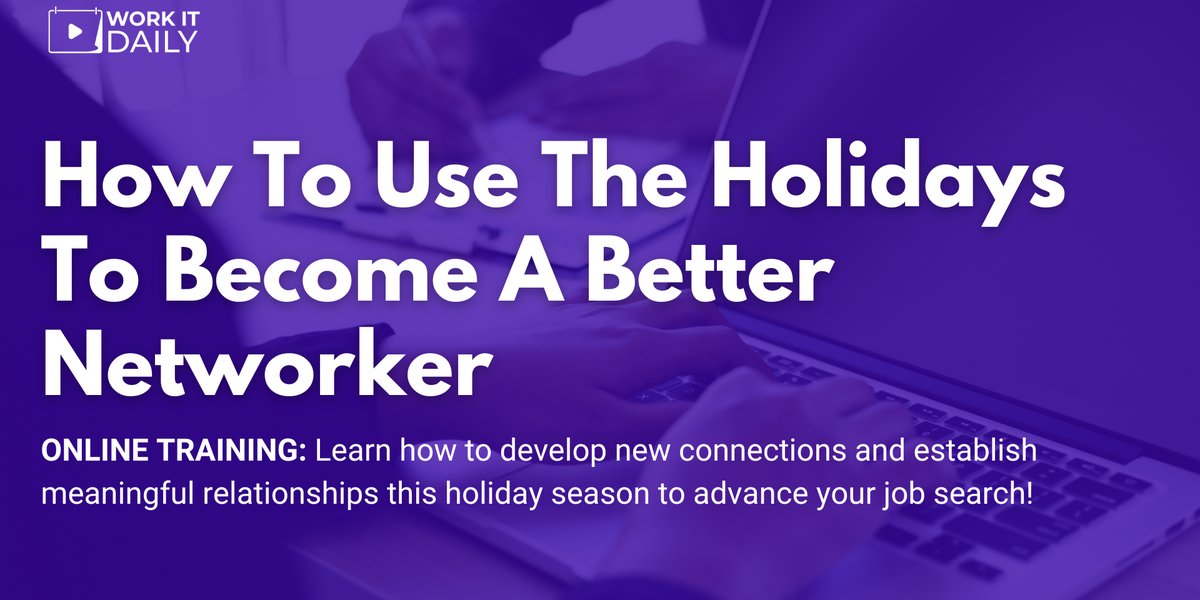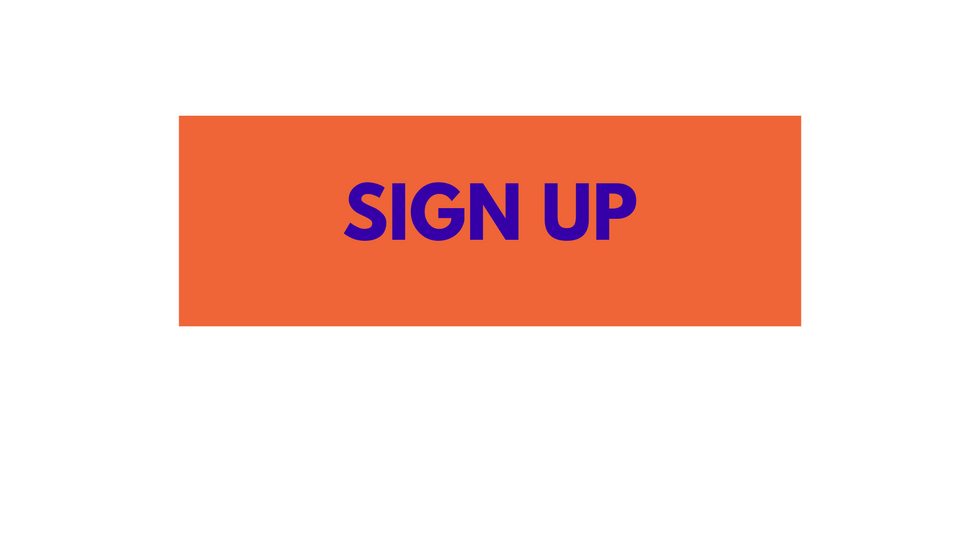What is your greatest achievement? is an interview question that can trick a lot of applicants. On the surface, it seems like an easy opportunity to show off.
So why do so many job-seekers answer it so poorly?

This guide will teach you the right way to talk about your greatest work accomplishments in a job interview. We ve even included some sample answers to help you prepare!
Why Do Interviewers Ask “What Is Your Greatest Achievement?
What is your greatest achievement? is an interview question that s designed to do more than just give you a reason to brag. Your resume likely gives hiring managers a clear picture of your capabilities, and you may even choose to highlight some of your most significant accomplishments in your application. But this question goes further and serves multiple purposes.
For one, it’s a genuine opportunity for interviewers to learn more about your professional career. It’s your chance to provide more details about your successes and convince decision-makers why you’re the candidate to hire. A strategic answer can remind interviewers why you have made it this far in the hiring process, and it could give them the final push to make an offer.
Secondly, the question lets hiring managers know that you’re success-oriented. Some people are fine going with the flow and doing the bare minimum to succeed in a job. Of course, companies don’t want to hire those people. They want folks who will go above and beyond to make a real difference at the organization.
Asking about your greatest achievements can show interviewers that you want to do more. It highlights your determination to do better and leave a lasting impact on the company. That’s the type of person they want to hire. They want people willing to go above and beyond to make the organization great.
Another reason you might hear What is your greatest achievement? is because it shows what you consider to be a professional accomplishment. Everyone’s definition of success is different. Your colleague might think that getting to work on time every day for a whole month is a significant achievement. But if you’re a true go-getter, you know that’s the bare minimum and not anything to brag about.
How you respond says a lot about what you think and how you view your successes. Are they genuinely worthy of praise, or do your ideas of achievement not align with the company at all? Those are the things interviewers want to know.
How to Answer This Question
Personality and behavior-based questions like this aren’t as easy as they initially look. Like all interview questions, this one is multi-faceted and will impact what hiring managers think of you. As a result, it’s not a question you want to create an answer for on the spot.
What is your greatest achievement? is a question that requires some thought and careful planning to answer. Here are a few tips to help you develop an answer that’s sure to impress.
1. Go with a Professional Achievement
The best tip you can get about this question is to keep things professional.
Everyone has personal goals they’re proud of, and you might feel tempted to bring them up. Unfortunately, doing so doesn t help you. Hiring managers aren’t interested in learning about your kids, family life, or any other personal accomplishment that means a lot to you.
It sounds harsh, but it’s the truth. Interviewers are there to fill a role and see if you’re the right person for the job. Bringing up personal achievements isn’t the best course of action. It goes back to the earlier point about how this question highlights what constitutes success in your eyes.
That’s not to say you shouldn’t be proud of those personal accomplishments. But they’re not what you should use when crafting your answer.
Instead, keep things professional! Think about your previous work experience and all you did in former positions. If it helps, consider making a list you can reference. Jot down the things you’ve done well and lean in on what you did differently than your colleagues.
Find the achievement that matters most, and focus on ways you helped your former employers reach new levels of success. Your answer should serve as another opportunity to talk yourself up and let hiring managers know why you should be their top choice.
2. Pick a Recent Accomplishment
Ideally, the greatest accomplishment you answer with should be from the last two to three years. Anything further back than that becomes less relevant and potentially less impressive.
Interviewers want to know how you work now. Telling a story about what you did a decade ago doesn’t highlight how you work in the current market. Things move fast these days, and what was impressive several years ago might not be the same now.
Sure, game-changing successes are worth talking about, no matter how long ago they were. But for most people, it’s best to stick with something recent and easy to corroborate through reference checks.
If you’re new to the job market, that can be tough. But even fresh graduates can highlight something unique (here s a guide on how to get a job with no experience if you want some more tips). Maybe it’s a reward you won or a scholarship highlighting your academic prowess. Those examples can work well.
That said, try to choose something related to the job. For example, you could talk about things you did differently at an internship or how you improved operations at your retail job while you made your way through school. Whatever the case, keep it recent.
3. Make It Relevant to the Job You Want
Of course, your goal when talking about your best work achievement should always be to connect your response to the job you’re trying to land. Relevancy is key. While interviewers don’t always expect you to draw those connections, it can pay off.
Try to choose a story that highlights a specific relevant skill. Do plenty of research before your interview to better understand what the company is looking for from a new hire. Pay attention to the organization’s goals and overall mission.
If you have an achievement that has to do with those details, you can easily connect the dots and make yourself look like a fantastic candidate.
For example, say you’re trying to land a managerial role leading a large team of professionals. One way you could keep your response relevant is by choosing a team success you contribute to. An answer like that would show that you work well in teams and have success doing so.
Don’t hesitate to get a little creative with your thinking. Sometimes, the best response isn’t the most obvious. But when you can draw the lines and make a connection to the role you’re trying to land, you can hit a home run.
4. Provide Some Details
Whenever possible, provide factual details. It’s one thing to say that you did something amazing. But your story leaves a greater impact when you have the proof to back it up.
Quantifiable data is one of the best things you can have to support your greatest achievements. Let’s say you made changes that significantly boosted your former employer’s bottom line. Instead of hoping that your words paint a picture of what you did, provide the details interviewers love to hear.
You could tell them how much you helped increase revenue, talk about the profits you brought in, or provide figures showing how much you reduced operating costs.
PEPI is a good acronym to remember. Did your actions affect:
PEPI:
productivity, efficiency, performance or impact.
Any piece of quantifiable data to show interviewers exactly what you accomplished goes a long way. You don’t have to have hard evidence or provide documentation. If you have it on hand, that’s great!
However, the primary goal is to have figures you can spout off. Letting the interviewer with a somewhat precise figure is much better than being vague.
What You Should Avoid Saying
What is your greatest achievement? is a question that might seem easy to answer at first. However, there are certain things interviewers are looking for. They’re actively listening for reasons to support a hiring decision and red flags for why you might not be a good fit.
Everyone’s answer to this question is unique and based entirely on past experiences. But there are a few things you should try to avoid across the board.
Irrelevant Personal Accomplishments
Earlier, we mentioned the importance of keeping your answer job-related. This is so crucial that we ve dedicated a separate section to it here as well!
Personal accomplishments are acceptable to talk about at other times. But when you’re trying to land a job, your goal is to focus on your career and professionalism. It’s best to leave personal matters out of the equation entirely.
The biggest reason you want to avoid personal details is that it can come off that you don’t honestly care about succeeding in this position. Remember: One of the many reasons why interviewers ask this question is to see what motivates you.
Talking about things that don’t relate to the job makes hiring managers think you’re only there for a paycheck. They might feel like you’re only going to do the bare minimum and not push to leave a positive impact on the company.
Talking about irrelevant personal achievements is a surefire way to get yourself out of the running.
Over-the-Top Bragging
Being asked to talk about your greatest accomplishments is an excellent opportunity to talk yourself up and let interviewers know without a shadow of a doubt that you’re an applicant they want.
That said, there’s a line between showing your stuff and going over the top! Interviewers want to know about your most significant accomplishments. They don’t want to hear you go on and on about how amazing you are!
Keep it humble! Over-the-top bragging can be insufferable, making you sound like a drag to work with daily. While your qualifications are crucial, it’s not the only thing interviewers will use to determine if you’re a good fit.
You have to be likable and capable of working with others. Bragging too much may turn the interviewer off, making them think you aren’t a good fit for the company culture.
Don’t be afraid to talk yourself up, but dial it back and remember to have some humility and credit your coworkers when talking about your greatest professional achievements.
Vague Responses and Lies
Here’s a common mistake people make when they’re unprepared. What is your greatest achievement? is a question that can catch you off guard if you don’t think of a response ahead of time. It’s not easy to answer on the spot without putting a little thought into it.
As a result, some people end up providing super vague responses that don’t have much substance. For example, you might grasp at straws and answer with a generic response that only highlights basic skills. It happens more often than you would think!
Of course, those responses aren’t helpful. In fact, they can harm you because it shows that you didn’t come prepared.
The same goes with flat-out lies. Some interviewees will try to make something up on the spot when they can’t think of a notable achievement to talk about.
Lying is never a good idea. Most interviewers are great at reading body language and can often spot lies when they come. But even if they don’t realize it’s a lie during the interview, they can contact references and get the truth.
Suppose they figure you out and deem you a liar. If that happens, your chances of getting hired plummet! It’s best to keep things honest and prepare an actual answer to this question long before you go into your interview.
Long-Winded Answers
Finally, try to keep your answer concise. Drawn-out responses aren’t great for displaying your communication skills or showing that you’re self-aware.
You want to show that you can organize your thoughts and speak clearly under pressure. Rambling will only do the opposite.
When talking about your greatest work accomplishment, try to keep the answer under two minutes. Start by summarizing the problem, discussing how you addressed it, and what came from your efforts. There’s no need to go into lengthy backstories.
Provide the most important details, and organize your thoughts into an easy-to-answer response. The best way to do this is to use the STAR interview method (also known as PAR or CAR).
This question doesn’t have to be a big deal. You should put thought into it and have something prepared, but there’s no need to have a tremendous speech. Most interviewers don’t even like it when it feels like your response is over-rehearsed.
Don’t stress out too much about the question. Jot down your main points and form your answer organically. As long as you hit the key points and keep the response succinct, it’ll leave the impact you want.
Sample Answers
Need some inspiration to develop a knockout answer to this common interview question? We have you covered!
While you can’t take these answers verbatim, you can use them as guidance when creating your own. Each of these responses is unique, but they check off every box and do a fantastic job of highlighting why the applicant is the right person for the role.
Sample 1
In this first example, the applicant wants to talk about the difference they made at their previous job. The response provides relevant details quickly and concisely. Best of all, they use quantifiable data to add some authenticity to the story.
“My greatest achievement is turning around the marketing department at my previous company. When I first joined the marketing team, we struggled to meet goals. With support from my supervisor, I developed an innovative marketing plan and implemented it into our existing strategies.
Within six months, the team started utilizing my plan as the blueprint for other campaigns. We started to exceed our goals by as much as 30 percent. According to the sales team, the new marketing plans helped bring in around $2 million in revenue for the company during the second half of the fiscal year we introduced them.”
Sample 2
For our next example, the applicant is a mid-level professional interviewing for a leadership role in an HR department. They talk about a major change they implemented at their former company and how it helped improve daily operations. The answer is more complex, but it paints the picture in a clear way that’s easy for hiring managers to understand its relevance.
“One of the things I’m most proud of is how I helped save time and resources for my previous company as an HR administrator. When I started my job at that organization, I noticed that the department had difficulty locating files and managing documents. It took a lot of valuable time and made simple tasks take far longer than they should.
I knew that there were better ways to handle those essential duties, so I took the initiative to implement new HR software. The software helped centralize file management, making crucial employee documents easy to find in one place. It eliminated the need for manual filing and dramatically improved accessibility for the entire department.
Our timesheets showed that we cut back the time we usually spend looking for files by about 10 hours.”
Sample 3
In the final sample response, the applicant doesn’t have much professional experience. But, they do have an impressive accomplishment from an internship. They lean on how they made a difference in that role. While minor, their actions had a considerable positive impact on the company they worked for at the time.
“The proudest achievement of my career thus far happened during my internship for [COMPANY]. I interned as a customer support representative. The program wasn’t big, so I was only one of a handful who held that intern position.
I didn’t have many colleagues to learn from so I learned about the product on my own and asked as many questions to other representatives whenever I could. Eventually, I collected information I could reference whenever I received a customer call.
I noticed that I was repeatedly receiving questions from customers about the same thing. So, I created a document with responses to make things easier. I shared that document with other representatives before it became a dedicated FAQ page on the company’s website.
Within six months of that page going live, the average number of support tickets we received dropped by about 30 percent.”
Conclusion
As you can see, there s a lot more to answering What is your greatest achievement? than meets the eye. But like any question, all it takes is a little preparation to turn this into an opportunity to impress your interviewer!
The post How To Answer “What Is Your Greatest Achievement?” (Samples) appeared first on Career Sherpa.















